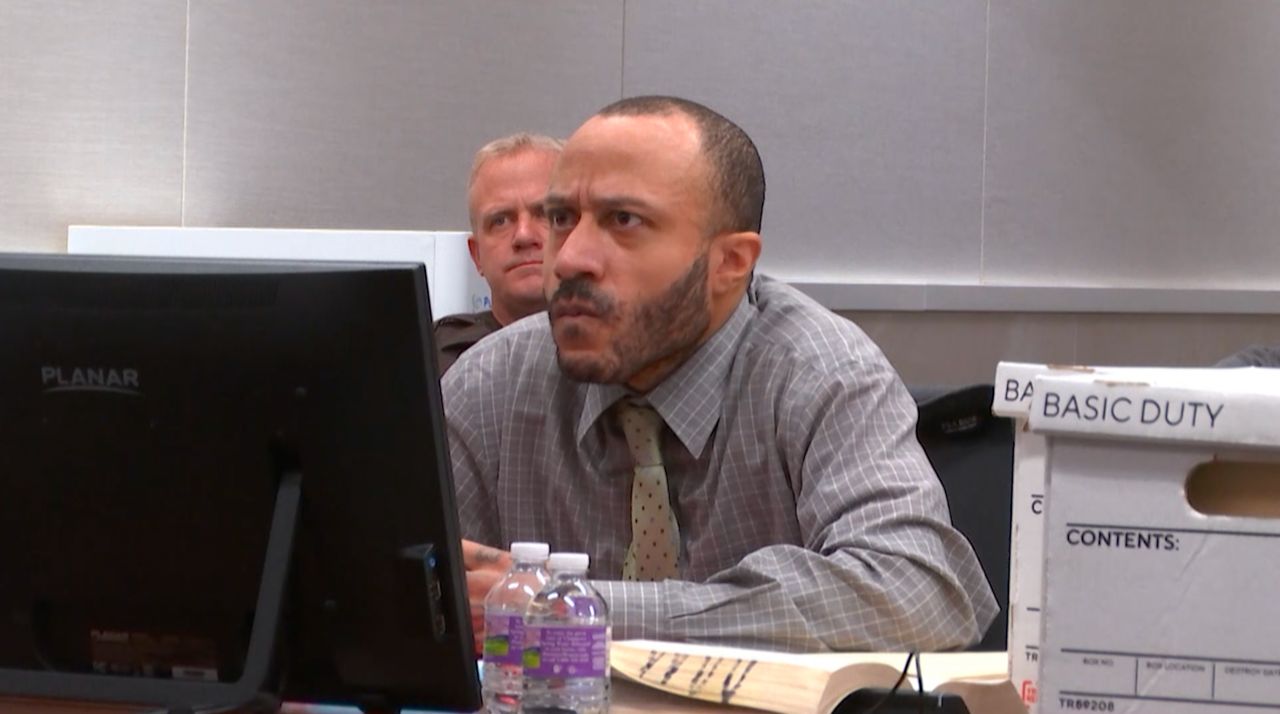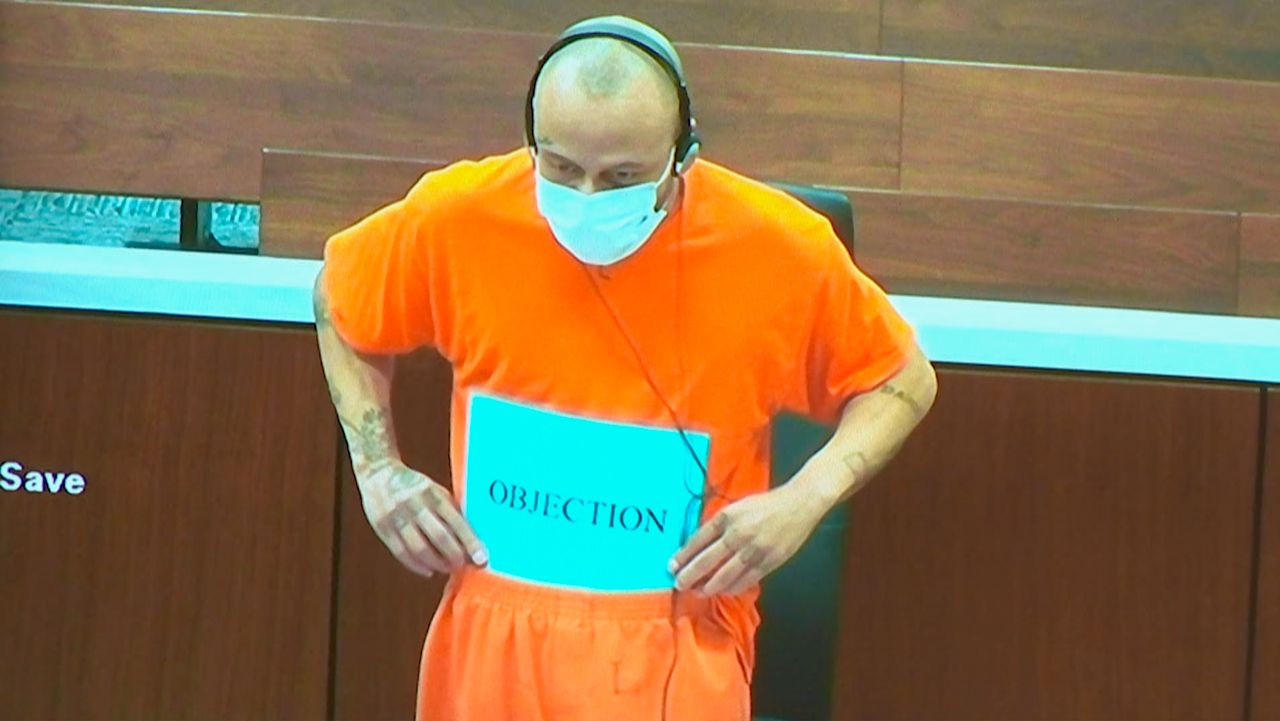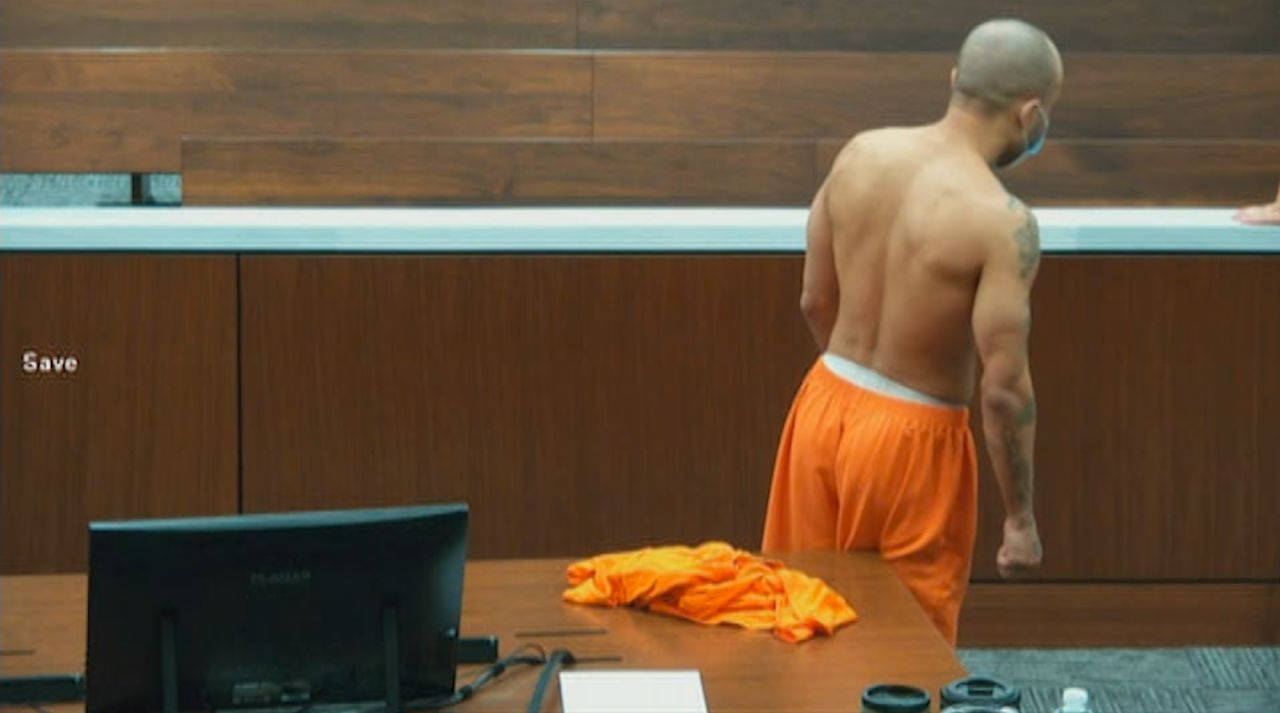WAUKESHA, Wis. — From shouting at the judge, taking his shirt off, threatening to throw his shoe at deputies and attempting to argue the court had to prove “subject matter jurisdiction” in his case, there were many outbursts from Darrell Brooks Jr. during his three-and-a-half weeks of trial.
Julius Kim, a criminal defense attorney and managing partner at Kim & LaVoy, S.C., said he believes a mixture of things contributed to Brooks’ outbursts.
“Clearly Mr. Brooks has some issues,” Kim said. “As to where it stems from — from mental illness, personality disorders, being a jerk — I don’t know. He had nothing to lose. It couldn’t get any worse for him, so he was ‘fighting for his own life,’ or at least that’s what it seemed like when I saw his behavior.”

Despite that, Kim said Judge Jennifer Dorow and the prosecution handled it all well.
“Judge Dorow is not just only a former assistant DA [district attorney] in Waukesha County, but she’s also a former defense attorney,” Kim said. “So, I think that she has learned how to maybe deal with defendants who may be under a lot of stress, or may have some mental health issues, so I think that served her well.”
Waukesha County DA Susan Opper said she and her team changed their strategy when Brooks decided to defend himself.
“He can make a mistake in the courtroom and get a new trial, and we have to pay the price for that — we the state and we the victims,” Opper told reporters after the verdicts were read. “It changed our strategy in that we had to make sure, and Judge Dorow made sure as well, that the record was very thorough, very complete and we didn’t miss anything.”
Opper said that’s why she suggested Dorow not find that Brooks had forfeited his right to a closing argument. He could have forfeited that right, based on his behavior in court. However, Opper suggested Brooks give his closing arguments, and she would object to any misstatement of the law he’d make, including telling the jury they could nullify laws they disagreed with. Dorow ultimately agreed to Opper’s proposition.
“That was strategic for the appeal,” Opper said. “To be very blunt, I wasn’t throwing a lifeline to Mr. Brooks. I really wasn’t interested in what he had to say, because I heard all of his lies and stories.”
So, what about any potential appeal?
After Brooks is sentenced he will have a 20 day window to file a notice of intent to appeal.
Then he will have access to a public defender; he waived his right to have one for his murder trial.
“I don’t know whether he’s going to change his tune given the results here, but he could theoretically refuse the public defender’s help in the appeals process as well,” Kim said.

Despite that, Kim said he thinks Brooks will try to appeal, as he faces six mandatory life sentences. Kim noted said it would be very difficult and expensive.
“Winning a criminal case on appeal is very difficult to do in the first instance,” Kim said. “I always tell our clients that, ‘Listen, we need to win this case on the trial level. Getting convicted and trying to win that case on appeal is always an uphill battle.”’
Kim said Brooks most likely would have an appeals court look at the decision to not change the venue for the trial. Brooks had asked the trial be moved out of Waukesha.
Kim said an appeals court could also look at the decision deeming Brooks competent to defend himself. Brooks wouldn’t be able to appeal for ineffectiveness of counsel since he defended himself, or his sovereign citizen claims, Kim said.
Kim also said he doesn’t think Brooks has any grounds for appeal for being kicked out to the side courtroom because of the case law Illinois v. Allen.
“You heard Dorow say how him being in the other courtroom served as the functional equivalent of being in the actual courtroom, because of the technology that was used,” Kim said. “I think a court of appeals would agree with that. I think they even turned cameras that weren’t available to the public to the jury, so he could see them during the trial.
“Technically, I think she had the option of literally having him bound and gagged and wheeled into the courtroom, but that is based on old case law, and that practice may be frowned upon now by the appellate courts because technology gives judges more options to handle unruly defendants now,” Kim continued.

Dorow is calling parties back to the courthouse Monday, Oct. 31 for a scheduling conference to set a date for sentencing.
Brooks faces six mandatory life sentences and an additional 859 years of confinement.


